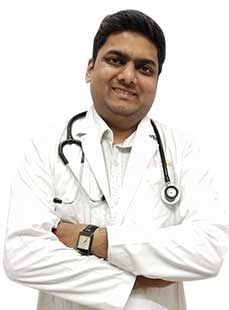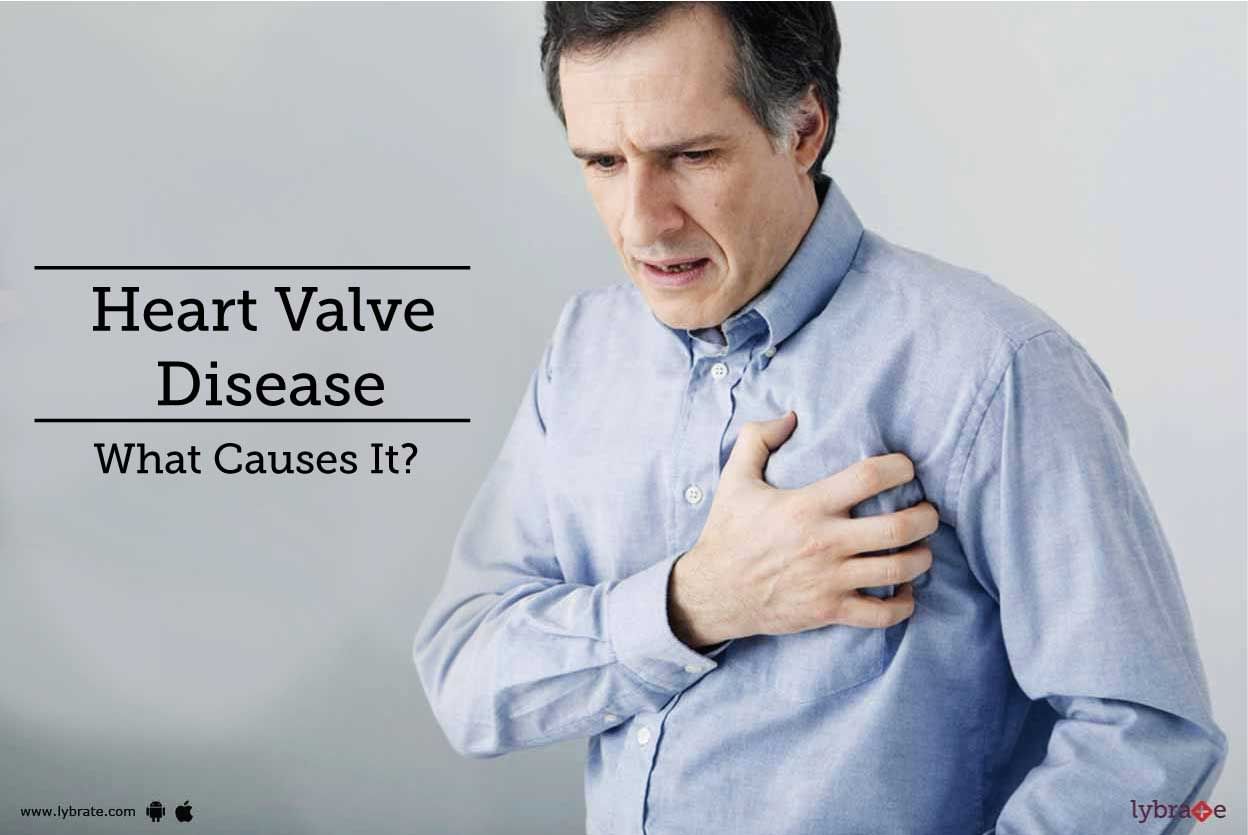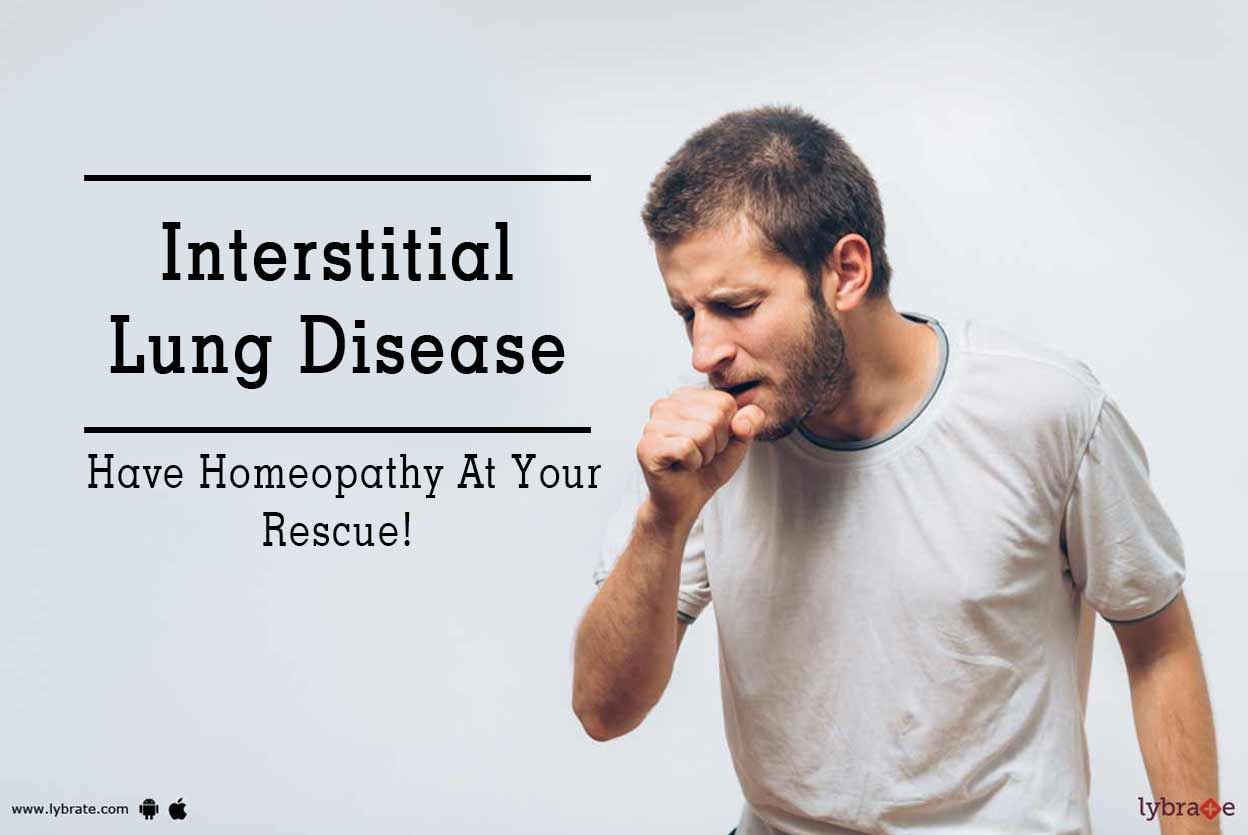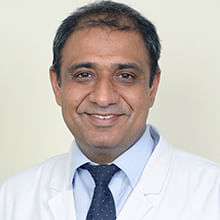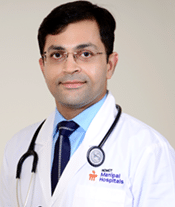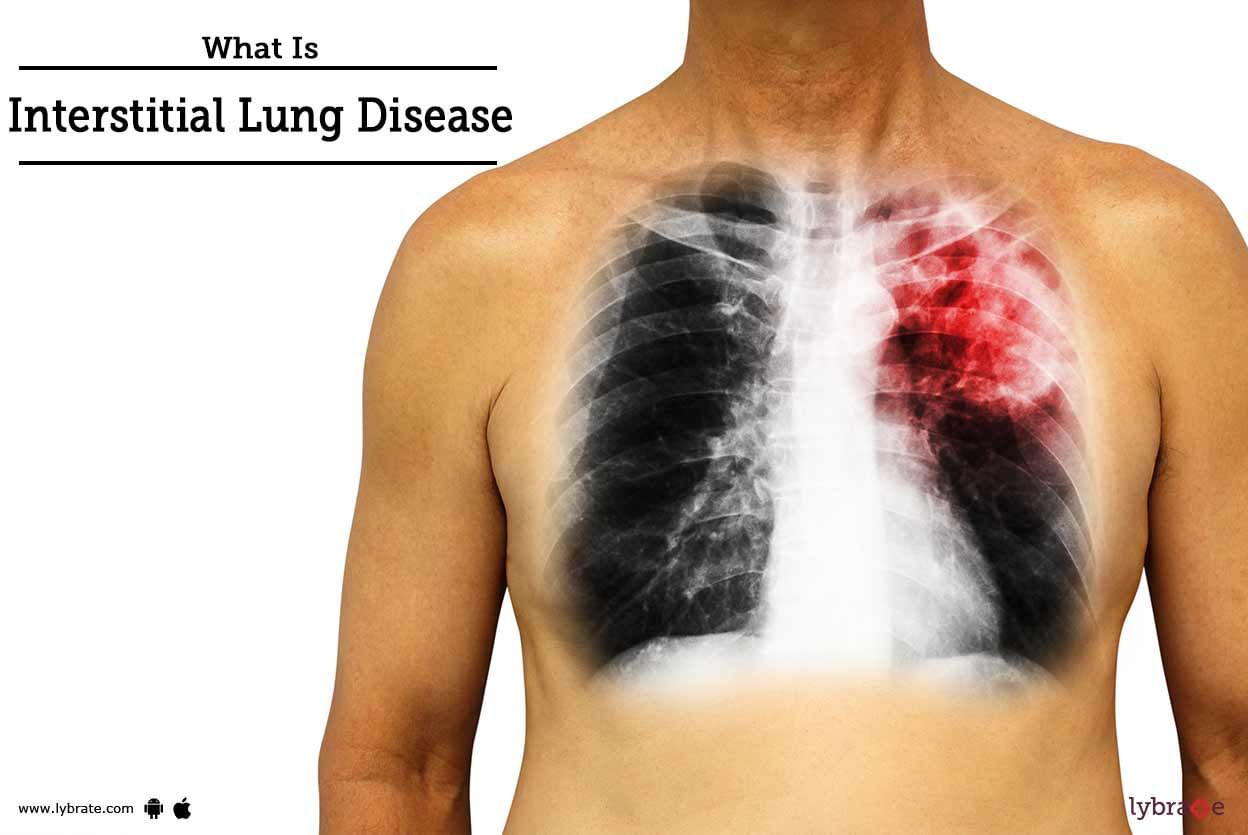Get the App
For Doctors
Login/Sign-up
About
Health Feed
Find Doctors
Health Packages
AllQ&AsTipsQuizzes
Aortic Valve Disease Health Feed
Last Updated: 6 years ago• Featured Tip
Share
Bookmark
Report
Recent years have witnessed the severity of acute respiratory infections. The main cause is exposure to more of respiratory Infection causing microorganisms. Everyone is at a high risk of exposure. The infections can affect all age groups equally. Therefore, you must know all about acute respiratory infections.
Acute respiratory infections may interfere in normal breathing. The infection often starts as a viral infection in the nose, trachea (windpipe) or in the lungs. In cases of non t...more
Acute respiratory infections may interfere in normal breathing. The infection often starts as a viral infection in the nose, trachea (windpipe) or in the lungs. In cases of non t...more
Last Updated: 6 years ago • Featured Quiz
Share
Bookmark
Report
Last Updated: 6 years ago• Featured Tip
Share
Bookmark
Report
Heart disease is definitely something, which is serious. In most cases, it is the result of a person s lack of prudence when it comes to staying fit and moderating what food items feature in the diet. But is this always the case? Well, not at all. Genetic or hereditary heart diseases, such as hypertrophic cardiomyopathy, long QT syndrome, very high cholesterol levels running in the family and many others, provide enough reason as to why not.
This is because a person cannot be blamed for...more
This is because a person cannot be blamed for...more
Last Updated: 6 years ago• Featured Tip
Share
Bookmark
Report
A peripheral arterial aneurysm occurs when there is a weakened or enlarged portion in your artery. It usually manifests in the legs or the neck. Though an aneurysm usually happens in the aorta (the largest blood vessel in the body) it can occur in any blood vessel.
What Are the Types of Peripheral Arterial Aneurysm?
When it comes to the artery of the abdomen, an aneurysm can be of three types- splenic, hepatic or celiac. A peripheral aneurysm can also develop in-
Ren...more
What Are the Types of Peripheral Arterial Aneurysm?
When it comes to the artery of the abdomen, an aneurysm can be of three types- splenic, hepatic or celiac. A peripheral aneurysm can also develop in-
Ren...more
Last Updated: 6 years ago• Featured Tip
Share
Bookmark
Report
Complications in the heart valve occur when the functioning of the heart valve is impaired. Valves of the heart allow the blood in one direction and prevent the blood from flowing back into the ventricles of the heart.
Heart valve diseases can be classified as follows:
1. Valvular stenosis:
This condition occurs when the valves of the heart do not open completely due to stiffness. As the opening is narrow, the heart has to work hard to pump blood. This condition may lead to...more
Heart valve diseases can be classified as follows:
1. Valvular stenosis:
This condition occurs when the valves of the heart do not open completely due to stiffness. As the opening is narrow, the heart has to work hard to pump blood. This condition may lead to...more
Last Updated: 6 years ago• Featured Tip
Share
Bookmark
Report
Tachycardia is the medical term of a fast heart rate. When a person s heart beats for more than 100 times per minute, he/she is said to be suffering from tachycardia. Atria and Ventricles (both left and right) are the four major parts of the heart. They contract and expand so that blood can be pumped out of the heart and oxygen reaches all the organs of the body. Now, this pumping occurs at a stable pace, owing to electrical impulses that activate the pumping in the first place. When an underlyi...more
Last Updated: 6 years ago• Featured Tip
Share
Bookmark
Report
Interstitial lung disease includes a large group of disorders like idiopathic pulmonary fibrosis, hypersensitivity pneumonitis, sarcoidosis and asbestosis. These cause progressive fibrosis or scarring of the tissues surrounding the air sacs in your lungs. The scarring causes your lungs to stiffen which makes it difficult for you to breath.
What are the symptoms to look out for?
Dry cough
Shortness of breath at rest or due to exertion
Loss of weight
Loss of a...more
What are the symptoms to look out for?
Dry cough
Shortness of breath at rest or due to exertion
Loss of weight
Loss of a...more
Last Updated: 6 years ago• Featured Tip
Share
Bookmark
Report
Our heart is one of the most important organs that must be kept healthy and fit so that we can lead a good lifestyle, however, unfortunately, many people still suffer from heart problems. And, one such heart problem is Cardiomyopathy.
What is Cardiomyopathy?
Cardiomyopathy is a disease of the heart muscles that makes it very difficult for the heart muscles to pump blood to the rest of the body. Since the muscles are unable to pump blood effectively, it can lead to heart failure...more
What is Cardiomyopathy?
Cardiomyopathy is a disease of the heart muscles that makes it very difficult for the heart muscles to pump blood to the rest of the body. Since the muscles are unable to pump blood effectively, it can lead to heart failure...more
Last Updated: 6 years ago• Featured Tip
Share
Bookmark
Report
Interstitial Lung Disease (ILD) is a term which is used for a large collection of disorders that can cause scarring of the lungs. The scarring gives rise to stiffness in the lungs that make it troublesome for breathing. Some of the examples of ILDs include Asbestosis, Hypersensitivity Pneumonitis, Sarcoidosis, and Idiopathic Pulmonary Fibrosis.
Causes -
ILDs could be caused by being exposed to dangerous chemicals, medical treatments, and certain medications. In nearly all cases...more
Causes -
ILDs could be caused by being exposed to dangerous chemicals, medical treatments, and certain medications. In nearly all cases...more
Health Query
Share
Bookmark
Report
The damage to the lungs can be slowed down further with Homeopathy medicines.
you can give Medorrhinum 200 only 3doses
start with senega mother tincture, 20drops in one glass of water, thrice a day..
This will surely help a lot...
you can give Medorrhinum 200 only 3doses
start with senega mother tincture, 20drops in one glass of water, thrice a day..
This will surely help a lot...
68 people found this helpful
Book appointment with top doctors for Aortic Valve Disease treatment
View fees, clinic timings and reviews
Ask a free question
Get FREE multiple opinions from Doctors
posted anonymously



